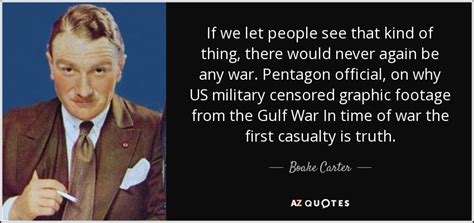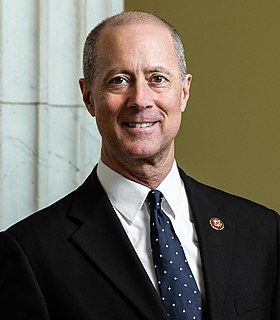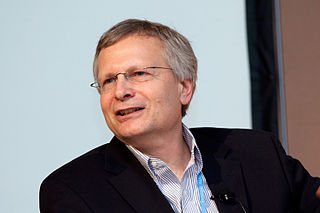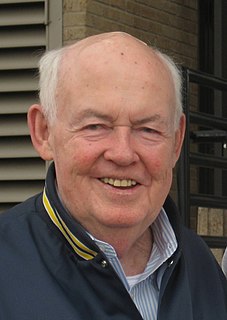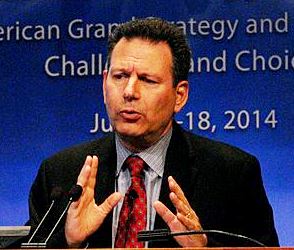A Quote by Paul Virilio
The Gulf War may not have occurred in the actual global space, but it did occur in global time. And this thanks to CNN and The Pentagon.
Related Quotes
World War Two was a world war in space. It spread from Europe to Japan, to the Soviet Union, etc. World War Two was quite different from World War One which was geographically limited to Europe. But in the case of the Gulf War, we are dealing with a war which is extremely local in space, but global in time, since it is the first 'live' war.
Two subsequent incidents of import established CNN: the explosion of the space shuttle Challenger in 1986, which CNN was the only network to cover as it happened, and the 1991 Gulf War, which CNN chronicled round the clock from a proximity as irresistible as it was alarming, bomb blasts and gunfire lighting up TV screens from coast to coast.
Unlike national markets, which tend to be supported by domestic regulatory and political institutions, global markets are only 'weakly embedded'. There is no global lender of last resort, no global safety net, and of course, no global democracy. In other words, global markets suffer from weak governance, and are therefore prone to instability, inefficiency, and weak popular legitimacy.
Oil is a tangible commodity, so there is a global market. The fact that we may need less may affect the global price because we're big consumers: we probably take about a quarter of global demand. But if suddenly, let's just use a crazy example, fighting in the Middle East led to the closure of the Strait of Hormuz and no oil could get out through the Strait of Hormuz, well that would affect China, India, Europe, it will affect the whole global economy. It will affect us, too, then.


